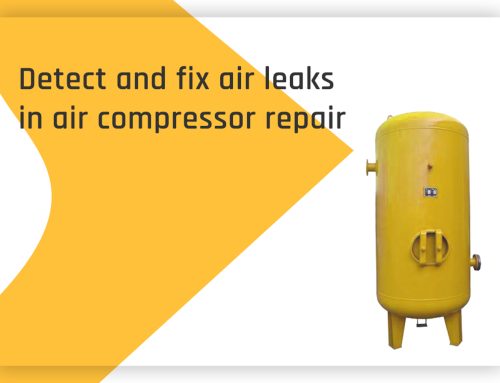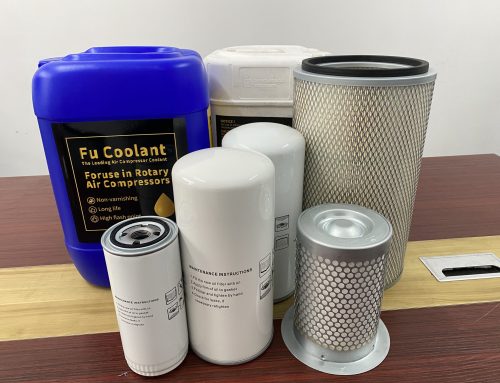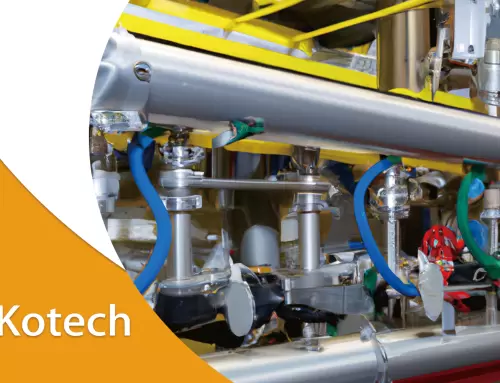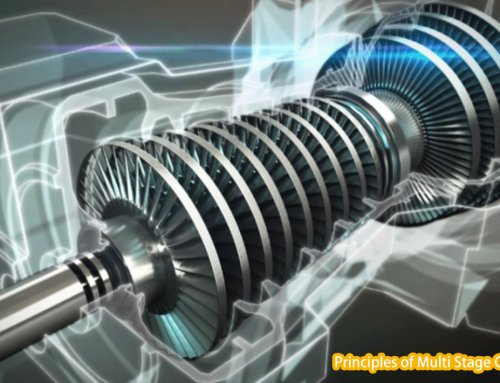
Airborne moisture and dust are major factors that determine the lifespan of lubricating oil in a compressor. Dust particles smaller than 15 microns circulate with the lubricating oil because the oil filter has a filtration precision of at least 15 microns.
When the concentration of sub-15-micron dust is too high, oil replacement is necessary. Moisture in compressed air leads to emulsification of the lubricating oil, resulting in a loss of lubrication effectiveness. Rust caused by moisture leads to the circulation of rust particles smaller than 15 microns along with the lubricating oil. Oil replacement, akin to dialysis for kidney patients, is a crucial means to preserve the compressor’s lifespan, and using lubricating oil with a shorter replacement cycle is more favorable for machine longevity.
Necessity of Compressor Oil Change
During use, compressor oil is heated, oxidized, sheared at high speeds, contaminated with dust, and exposed to harmful gases. Oxygen reacts with hydrocarbons in the oil, causing gradual oxidation, darkening of color, and increase in viscosity.
Eventually, oxidation products may deposit as a brown viscous layer in the system, leading to clogging of control oil passages in components like ball bearings and valve cores, exacerbating wear and affecting normal system operation. Oxidation also results in corrosion and acidification. The oxidation process is gradual, and as sediment accumulates and acid values increase, viscosity rises. Beyond a certain point, oil replacement is necessary. Failure to do so allows oxidation to continue, with an accelerated increase in viscosity, ultimately leading to elevated working oil temperatures.
Compressor Oil Temperature
At normal temperature and pressure, the oxidation process of lubricating oil is slow during storage and transportation. When the temperature or oxygen pressure of the oil increases, the oxidation rate increases rapidly.
The temperature of circulating oil in piston compressors and lubricating oil in centrifugal compressors is not significantly related to the compressed gas temperature. The oil temperature in oil-injected screw compressors, on the other hand, depends on the compressor discharge temperature as well as the oil temperature after cooling.
In most cases, the oil temperature equals or approaches the main machine’s discharge temperature. The lifespan of oil in oil-injected screw compressors is significantly affected by thermal oxidation.
Real Lifespan of Compressor Oil
The lifespan of screw air compressor oil should be considered the minimum under normal conditions. As different manufacturers specify different intervals for oil changes, determining the correct cycle can be challenging. Type I mineral oil should be changed every 2000 hours, Type II mineral oil should be changed every 4000 hours (later reduced to 2000 hours), Type III mineral oil should be changed every 6000 hours (later reduced to 4000 hours), PAO should be changed every 8000 hours, and polyol esters should be changed every 8000 hours.
The oil lifespan is determined by lubricant manufacturers, with oxidation stability measured by the rotating bomb method being less than 50 minutes considered as the end of the compressor oil’s lifespan. Based on the properties and formulation of the base oil, compressor oils exhibit significant differences in lifespan.
The oil lifespan is determined by lubricant manufacturers, with oxidation stability measured by the rotating bomb method being less than 50 minutes considered as the end of the compressor oil’s lifespan. Based on the properties and formulation of the base oil, compressor oils exhibit significant differences in lifespan.
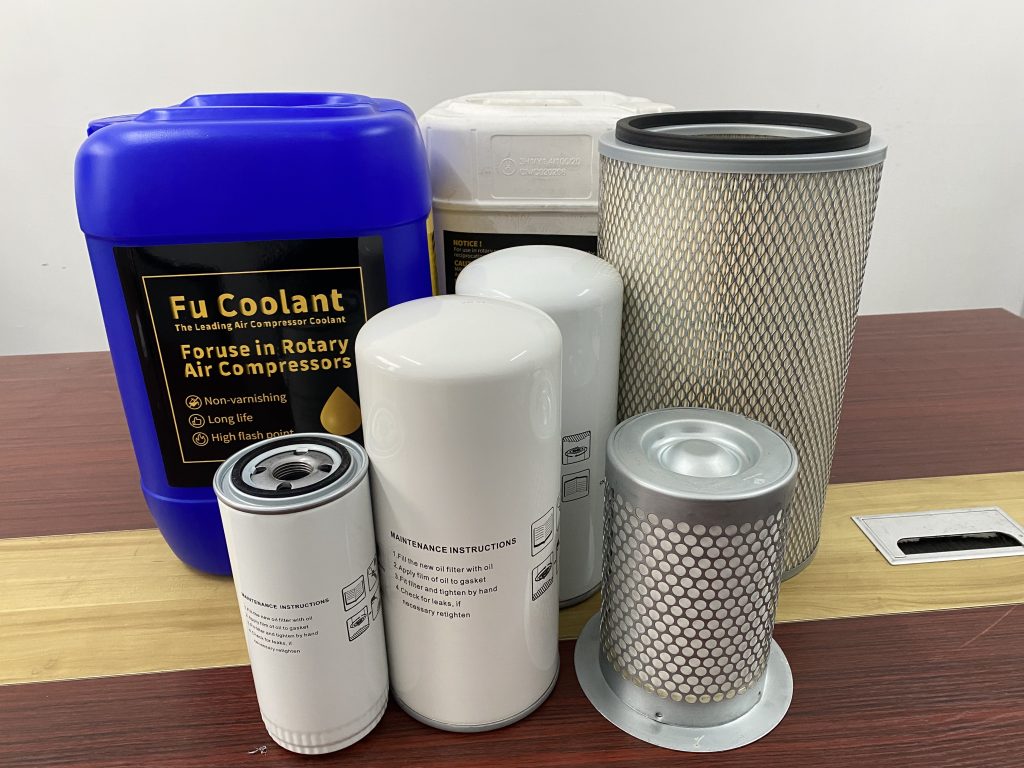
Kotech Air compressor oil, oil filter, air filter
Types of Compressor Oil
Currently, compressor oils come in a variety of formulations, with base oils including mineral oil, hydrocracked mineral oil, hydrogenated isomerized Type III base oil, natural gas-synthesised Type III base oil, PAO, polyether, ester oils (such as diesters and polyol esters), silicon oil, and more.
There are three types of compressor oils available: regular compressor oil (based on mineral oil), synthetic oil, and semi-synthetic oil. The term “synthetic oil” can be confusing, as it refers to base oils obtained through chemical synthesis. Shell classifies hydrogenated isomerized Type III base oil as synthetic oil with an exceptionally high viscosity index (XHVI), obtained through deep refining of mineral oil. Interestingly, natural gas-synthesized GTL Type III base oil is also categorized as synthetic oil.
The introduction of semi-synthetic compressor oils aims to address the inadequacy of pure mineral oil in meeting compressor operating conditions. By incorporating specific synthetic oils with improved functionality, the performance of semi-synthetic oils is not a simple average of synthetic and mineral oil properties. Rational selection of semi-synthetic oil blending schemes can yield unexpected performance benefits.
The challenge lies in determining the proportion of mineral oil base oil in semi-synthetic oils and the types and amounts of synthetic oils. Since Type III base oil is considered unconventional, some of it is formed from hydrogenated isomerization of mineral oil, while others are synthesized from natural gas to form GTL Type III base oil. In recent years, Type III base oil has been distinguished from mineral oil and other synthetic oils, referred to simply as Type III oil, a sensible and clear nomenclature.
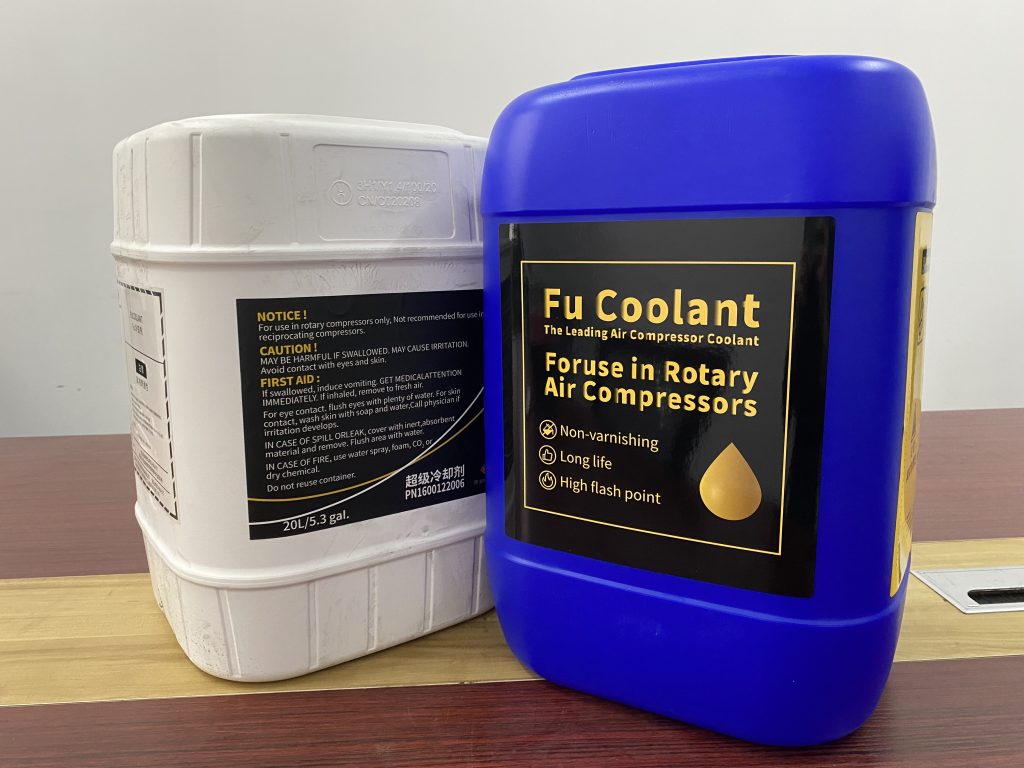
Kotech Air compressor oil, cooling oil
Real Lifespan of Compressor Oil and Its Relationship with Compressor Type
Due to the marketing efforts of lubricant manufacturers, users may not fully understand the significant impact of the compressor itself on the real lifespan of compressor oil, especially for oil-injected screw air compressor oil. The reality is that even if the same type of compressor oil is used in different types, with different parameters, compressed media, and operating conditions, the real lifespan can vary significantly. The following analyses illustrate this point:
- Lowering the discharge temperature of oil-injected screw air compressors by 8-10°C can approximately double the lifespan of compressor oil.
- For single-stage oil-injected screw compressors, the real lifespan of lubricating oil for low-pressure compressors at 0.3-1.3 MPa is 3-5 times longer than that for high-pressure compressors at 1.3 MPa, considering different discharge temperatures and oxygen partial pressures.
- The real lifespan of lubricating oil for nitrogen compressors is significantly longer than that for similar types of air compressors, as nitrogen does not interact with oxygen.
- Compressing CO2 gas with the same type of screw compressor oil can lead to exceeding acid values and a shorter real lifespan.
- Two-stage oil-injected screw air compressors with low-pressure oil injection, due to low oxygen partial pressures and low discharge temperatures, not only have higher efficiency but also a real lifespan approximately twice that of single-stage compressors of the same type.
- Single-stage screw air compressors with high compression ratios have a shorter real lifespan of compressor oil.
- In variable-frequency oil-injected screw air compressors, the oil temperature is lower during variable frequency operation. The shear action of the compressor on the lubricating oil is lighter, resulting in a longer real lifespan. The real lifespan of compressor oil varies with different variable frequency times and depths.
- Some compressor manufacturers and users increase
With a commitment to quality, Kotech Air Compressors are equipped with advanced features to address the challenges posed by varying operating conditions. Whether it’s moisture, dust, or temperature fluctuations, our compressors excel in maintaining peak performance.
Contact us to solve your air compressor oil, oil change, maintenance and spare parts needs easily!



